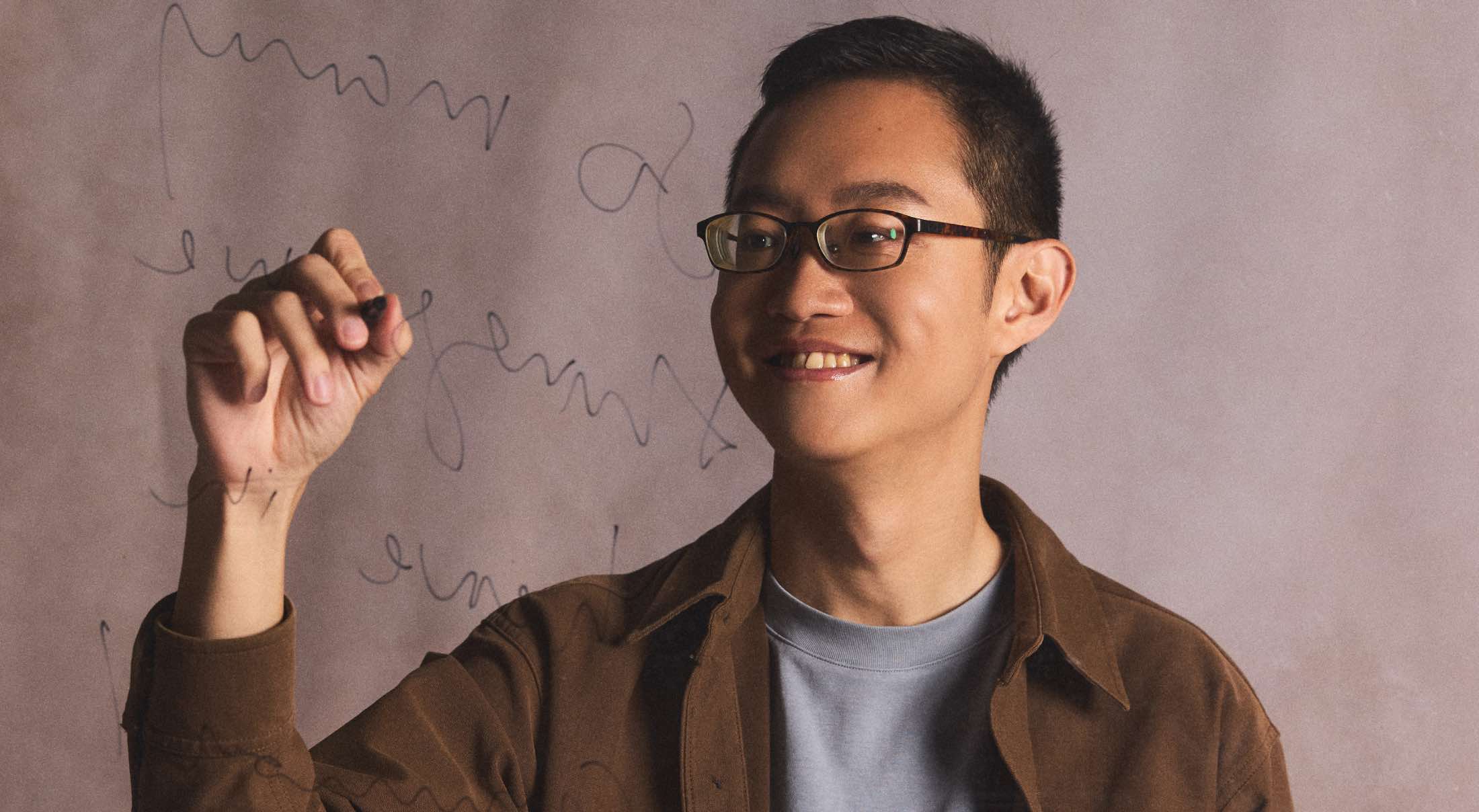“The right kind of risk, rooted in purpose, is often worth taking.” — Randall Chong, founder of Books Beyond Borders
It’s a truism—one that earns its fair share of eye-rolls when espoused—that small beginnings can germinate into something far greater. One only needs to look at Randall Chong, founder of social enterprise Books Beyond Borders, to see this in action. Nearly a decade ago, burnt out from his work at a start-up, Chong took a solo backpacking trip to Nepal. At the base of Mount Everest, he encountered out-of-school children who were working gruelling jobs for little to no pay.
“I came home, started collecting pre‑loved books in my living room, and sold them to raise funds for schools in Nepal,” Chong says.
What began as a one-time, personal project quickly grew into Books Beyond Borders—a brand, bookstore, and a startling example of a purposeful social business. Originally operating from his grandfather’s spare room and then a warehouse in Toa Payoh, the brand now boasts a cosy, thoughtfully curated storefront behind Maxwell Food Centre. With warm lighting, reading nooks, and quirky design flourishes, the space invites visitors to slow down and connect through stories.
More importantly, Books Beyond Borders has since rehomed over 20,000 books and raised more than S$40,000 to support girls’ education in Nepal through classroom projects, scholarships, and library initiatives.
Beyond books, the enterprise includes Two Storytellers, a sister lifestyle brand offering artisanal gifts handcrafted by Nepali women. For Chong, these twin ventures embody his belief that robust and sustainable business practices and social impact can, and should, go hand in hand.
What has been the biggest risk that you’ve taken professionally?
Opening a physical bookstore in the middle of the pandemic. Everyone told me that retail was dying but I believed people still craved real spaces that felt personal and meaningful. What I learnt is this: the right kind of risk, rooted in purpose, is often worth taking.
Who do you turn to for advice and what’s the best advice you’ve received?
I often turn to my wife. She keeps me grounded and honest. I also lean on a small circle of close friends and mentors who’ve been part of the journey since day one. One piece of advice that has stuck with me over the years is this: “Forget New Year’s resolutions. Do one thing that scares you every year.”
How has your definition of success changed over the years?
In the beginning, success looked like numbers: sales, followers, funding. Now, success feels more like alignment. Do my values match how I spend my time? Am I creating work I’m proud of? Am I still growing, still learning? That internal measure of success has become more important than anything external.
What anchors you when you’re navigating uncertainty or failure?
I remind myself how far I’ve come. Especially on the days that feel like I’m going in circles. I’ve always loved that analogy by Steve Jobs: “You can’t connect the dots looking forward; you can only connect them looking backward.”
If you could change one thing about your industry, what would it be?
I’d change the perception that social-based companies have to sacrifice profit for purpose. We need more business models that prove you can do both: create impact and generate income without burning out. I always say this; you cannot give from an empty jar.
What’s a lesson you learnt the hard way?
That doing good doesn’t automatically mean people will support you. You still need strong branding, storytelling, and financial sense.
Photography by Eugene Lee of Enfinite / Hair & Makeup by Sophia Soh of Suburbs Studio

